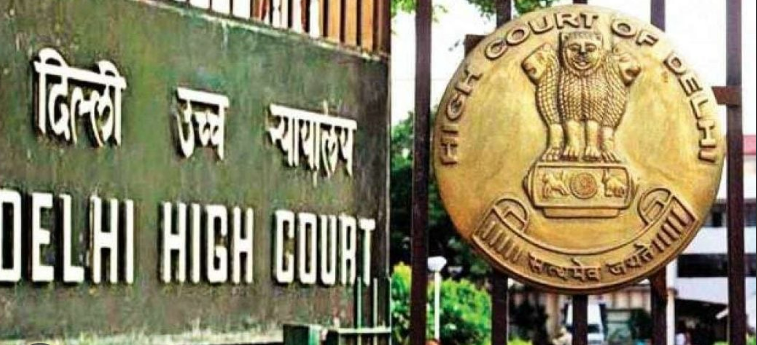High Court Intervenes in DND Flyway Advertisement Dispute
The Delhi High Court has stayed a demand notice issued by the New Okhla Industrial Development Authority (NOIDA), which sought ₹100 crore from Noida Toll Bridge Company Limited (NTBCL) in alleged advertisement license fees. The dispute centers on outdoor advertising rights along the Delhi-Noida-Delhi (DND) Flyway, one of the busiest arterial connections between Delhi and Uttar Pradesh.
Justice Jasmeet Singh, hearing the matter on September 25, observed that NTBCL had presented a prima facie case and that the balance of convenience lay in its favor. The court added that denying interim protection could cause “irreparable damage and loss” to the company. Accordingly, it restrained NOIDA from taking any coercive action against the petitioner until further orders.
Background of the Advertising Rights
NTBCL, which developed and operated the DND Flyway, claimed it was granted the right by NOIDA to display outdoor advertisements on the Noida side of the expressway. The company stated that it had consistently complied with the rates fixed by the authority, which had been revised periodically. Payments were reportedly made on time and without dispute until January 2025, when the issue escalated.
According to the petition, NOIDA issued a letter dated September 10, 2025, raising a massive demand of ₹100 crore and simultaneously instructing NTBCL to remove the hoardings in place. NTBCL argued that this demand arose from a unilateral and retrospective increase in license fees announced by NOIDA earlier this year, with effect from April 1, 2024.
Toll-Free Road but Advertisement Rights Intact
NTBCL’s counsel highlighted that although the company lost its right to collect tolls on October 26, 2016, following an Allahabad High Court order—later upheld by the Supreme Court in December 2024—its advertising rights remained unaffected. The company emphasized that the Supreme Court had not curtailed its authority to manage and profit from advertisements displayed on the Noida side of the DND Flyway.
The petition argued that the rights to advertise were granted as part of the original concession agreement, and these cannot be unilaterally altered by NOIDA without due process. Importantly, NTBCL claimed there was no clause in the agreement permitting retrospective revisions of license fees.
Court’s Observations and Interim Relief
In granting interim relief, Justice Singh said the petitioner’s case merited protection at this stage. “Prima facie, it seems that the petitioner has a right to display advertisements and the balance of convenience lies in favour of the petitioner. In case interim orders are not granted to the petitioner, it may cause irreparable damage and loss to the petitioner which cannot be compensated in terms of money,” the order stated.
The High Court also clarified that “no coercive measures shall be taken against the petitioner” pursuant to NOIDA’s September 10 letter. This direction effectively restrains the authority from enforcing the demand or removing the advertisements until the matter is fully heard.
Next Steps in the Legal Battle
The Delhi High Court has issued notice to NOIDA, directing it to file its response within four weeks. The matter will next be heard on January 16, 2026, when the court will examine whether the retrospective fee hike and the ₹100 crore demand align with the terms of the original agreement and principles of natural justice.
For NTBCL, the outcome of this litigation could have significant financial implications. With toll collections already off the table since 2016, advertisement revenue remains one of the few avenues available to recover investments made in the construction and maintenance of the DND Flyway.
Broader Implications
This case underscores the complexities involved in public-private partnership (PPP) infrastructure projects in India. While NTBCL continues to claim rights over ancillary revenue streams like advertisements, the authority argues for regulatory control and revised charges. The final verdict could set an important precedent for similar concession agreements involving urban infrastructure projects.








